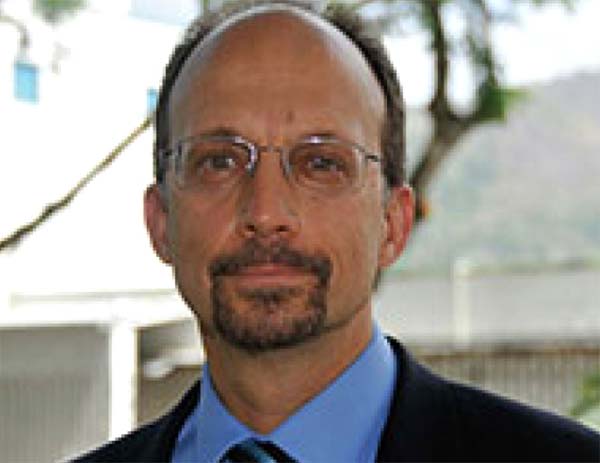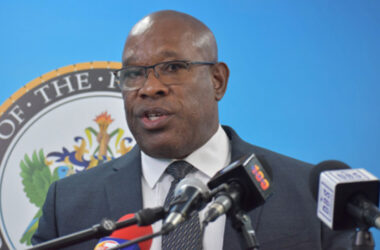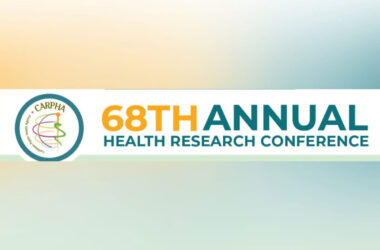But Challenges Still Remain.

Port of Spain, Trinidad:The Caribbean reports the second highest prevalence of HIV/AIDS in the world, after Sub-Saharan Africa. In 2013, 250,000 adults and children were estimated to be living with HIV/AIDS in the Caribbean, and 12,000 new infections were projected for that same year.
Caribbean Public Health Agency (CARPHA) Executive Director Dr. C James Hospedales said “despite this, the Region has recorded success in reducing deaths due to HIV/AIDS and in prevention of mother-to-child transmission of HIV.”
He cautioned that “although significant gains have been made that have turned the tide against this globally devastating disease, challenges still remain, and efforts must continue to be made in order to sustain and improve upon the progress that has been achieved.”
The theme for World AIDS Day 2011 to 2015 has been “Getting to zero”. This means zero new HIV infections, zero AIDS-related deaths and zero stigma and discrimination. Countries are encouraged to ensure that the rights of people living with HIV and AIDS are not violated, and that discrimination on the basis of HIV and AIDS is not only reduced, but ultimately eliminated.
Dr.Hospedales has said that “the only way to do this is to make sure that everyone knows their HIV status and ensures that their status is managed properly, in order to prevent the spread of new infections.” He urges “if you are negative, stay negative by avoiding risk-taking activities. If you are positive, live positively, stay on treatment and disclose to your loved ones. Persons living with HIV can lead normal healthy lives if they are diagnosed early and if they stick faithfully to their treatment plans.”
Stigma surrounding HIV is very common in the Caribbean. This is due primarily to a lack of education on the subject, fostering many false beliefs about transmission and HIV associated sexual practices. Some persons living with HIV continue to be shunned by family, peers and the wider community, while others report discriminatory behaviour towards them in healthcare and education settings, erosion of their human rights, and psychological damage.
Healthcare workers have a duty to treat all patients as they would wish themselves to be treated if they were ill or had a health problem.
The management of HIV/AIDS is a priority public health issue for CARPHA, and the Agency is part of the fight, as a member of PANCAP, contributing to the development of the third (2014-2018) iteration of the Caribbean Regional Strategic Framework (CRSF) for HIV.
Dr.Hospedales said “As a region we can get to zero, but we all need to work together to do it. CARPHA will continue to work closely with Member States and regional and global partners towards ending the AIDS epidemic by 2030 as part of the Sustainable Development Goals.”
CARPHA urges Caribbean leaders and people to address the basic structural barriers in society that deny marginalized individuals their rights, undercut public health goals, and impede universal access to HIV prevention, treatment, and care.















